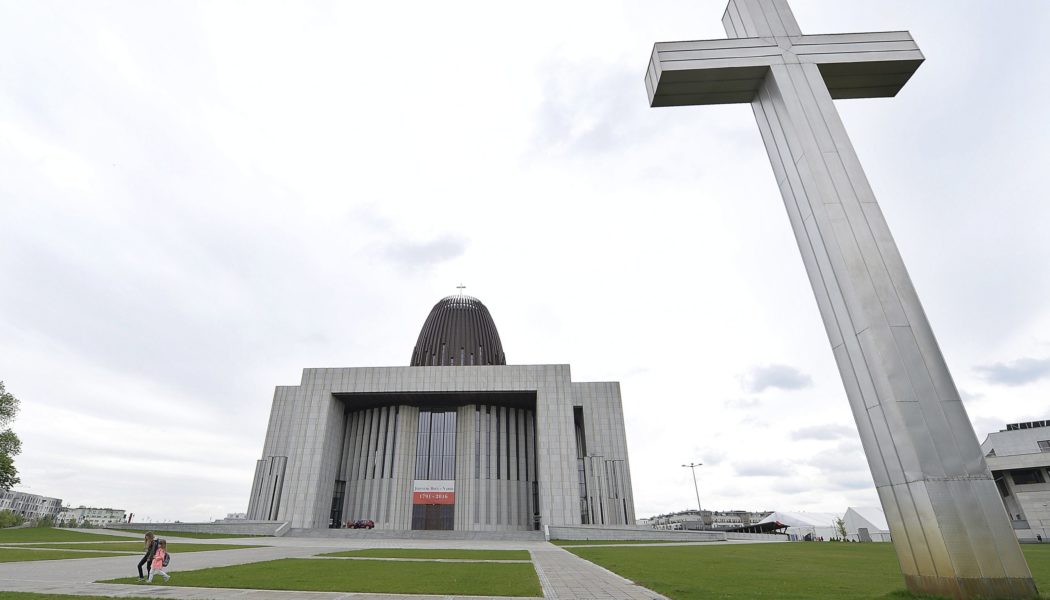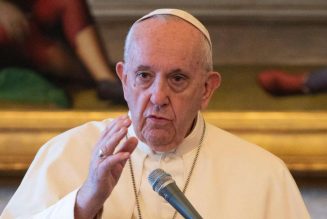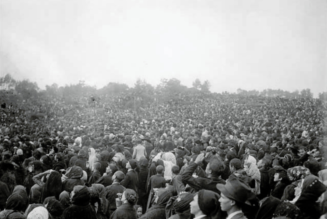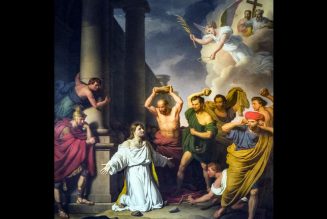
ROME – In the past year, 10 bishops in Poland have been removed from their positions and sanctioned by the Vatican, with the papal representative in the country openly acknowledging the reason – in most cases, cover-up of sexual abuse of minors by clergy.
This quick succession of sanctions comes after decades of denying any wrongdoing on the part of Polish priests and religious regarding clerical sexual abuse, and it reflects a change in mentality among at least some within the bishops’ conference, who requested the Pontifical Commission for the Protection of Minors to organize a conference for Church leadership in Central and Eastern Europe in Warsaw.
The papal commission, headed by American Cardinal Sean O’Malley of Boston, agreed to arrange the conference almost two years ago, when the request came in. COVID-19 travel restrictions led to a postponement, but it’s now expected to take place Sept. 19-22.
“I think it’s important because it shows that the attention of the Church with regards to child sexual abuse and prevention needs to truly cover the whole world and all regions,” German Father Hans Zollner told Crux over the phone. “The Catholic Church is represented in basically all the countries in the world, and this means that there are specific historical conditions [in different places].”
Zollner, a member of the pontifical commission and an expert on preventing and fighting clerical sexual abuse, said the influence of decades of Communism in the region is also noteworthy, especially since the church retains social credibility because it was “a stronghold of resistance to a state that was taking over every aspect of life, persecuting opposition. I talk about the Catholic Church, but this is true also of the Orthodox Church.”
“It needs to be taken into account that historically, socially and culturally that in some countries the Church was the one force where you could breathe, where you could somehow rely on people and where you found some space for creative thinking outside the box, but always at the risk of being persecuted and punished severely,” Zollner said.
According to Italian Jesuit Father Federico Lombardi, papal spokesman under Pope Benedict XVI, the summit in Warsaw is a continuation of a 2019 summit held in Rome with the presidents of all the bishops’ conferences and head of religious orders to tackle clerical sexual abuse.
In an article published by the Vatican’s news outlet, Lombardi noted that despite the fact that “it can be unhesitatingly stated that the universal Church has faced and is facing the problem, that it has taken necessary steps to establish norms, procedures and laws to deal with it correctly,” there is still ground to cover, particularly when it’s not about establishing norms or creating frameworks, but actually enforcing those changes.
“The upcoming September Conference of the Church in Central and Eastern Europe in Warsaw on the protection of minors and vulnerable persons is, in fact, taking this direction,” Lombardi wrote. “Every geographic and ecclesiastical area possessing certain commonalities from the historical and cultural point of view need to reflect on where they are and need to identify what needs to be done concretely to effectively enforce the guidelines of the universal Church at the local level.”
Though it’s targeted to bishops of central and eastern Europe, the summit aims to foster dialogue among bishops and religious and lay leaders of both Latin and Eastern Rite churches in the region, so that they can better understand the needs and challenges in promoting strategies that prevent abuse and to help those wounded by these crimes.
Zollner told Crux that several members of the commission are expected to attend, including O’Malley, but their presence will depend on COVID-19 travel restrictions that change almost weekly, with the latest speculation being of a possible closure to the United States and other non-European countries.
Speaking about the situation in Poland, Zollner pointed out that “in 2013, when I was first invited there to give conferences on abuse, the storyline went like this: ‘Since we didn’t hear it under Communism, then there were no cases, because if the Communists had known, they would have made a scandal and attacked the Church’.”
“I heard some Church leaders say this was not true, that there were cases, but the Church and the public were not yet ready” for them to come to light, the priest said.
A few months after that first visit, news broke of the then-papal representative in the Dominican Republic, Polish Archbishop Józef Wesołowski, who was accused of sexual abuse of minors and of possessing child pornography on his computer. He was defrocked and died while awaiting a Vatican criminal trial.
“That came as a shock in Poland, because this was an archbishop, a nuncio, and a highly regarded person, at least in some quarters,” Zollner said. “When I went back a year later, some people were already telling a different story, and it was: ‘Of course the Communists knew of these [crimes], but they would call the priest or religious, tell them that they knew what they had done and threaten to go public. Either you’ll be removed from your position, or collaborate with us and we’ll keep quiet.’”
Several films and documentaries released in the past three to five years, including not only abuse victims but also perpetrators, have helped change the mindset among many Poles, including some bishops.
“I’m not aware of another country with so many bishops punished for a lack of implementation of Church law,” Zollner said. “It might be because the nuncio, or whomever, is really taking it seriously, and there’s reporting and documentation taking place, both necessary to get to the facts and enough evidence so that someone is punished.”
Follow Inés San Martín on Twitter: @inesanma
Join Our Telegram Group : Salvation & Prosperity









